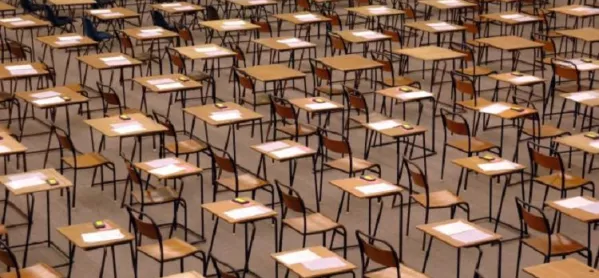Anti-Sats campaigners have two weeks to convince teachers that they should boycott the tests.
The NEU teaching union announced it would hold an indicative ballot on 4 June, in which it would test the waters among primary school members to decide whether to go ahead with a full ballot on banning the high-stakes summative testing.
About 600,000 10- and 11-year-olds took the key stage 2 Sats tests in reading, maths and spelling, punctuation and grammar last week, and a further 600,000 six- and seven-year-olds will take the KS1 tests in maths and reading during May.
Politics: Corbyn says Labour would abolish Sats
For Sats: Ditching Sats would be a mistake
Against Sats: Corbyn’s pledge to scrap Sats is a glimmer of hope
In a tweet today, the NEU stated: “The tests are about comparing schools, not assessing children in a way which helps teachers support their learning. @NEUnion will ballot its primary members on 4 June to say enough is enough. #TooMuchTesting.”
The decision to hold a ballot was made at the NEU’s annual conference in Liverpool, where Labour leader Jeremy Corbyn received a standing ovation when he announced that his party would abolish Sats.
However Roger Taylor, chair of exams regulator Ofqual, said last week that scrapping Sats was not sensible because a strong primary education system needed to assess the quality of schools.
In an exclusive interview with Tes, he gave his personal view that primary assessment was needed so the public could be “confident” that taxpayers’ money was being well spent.
The prime minister has also pledged her support for “simple” Sats tests.
A Department for Education spokesperson said: “KS1 assessments help teachers to evaluate where pupils are at the end of Year 2. They form the starting point for the current primary progress measure. KS2 tests help to ensure children leave primary school with a secure grasp of the fundamentals of reading, writing and maths, which lay the foundation for success at secondary school and beyond.
“These assessments should not be stressful for pupils. All over the world, schools guide children through assessments without them feeling pressured. This is how it should be.
“Tests over the course of a child’s education help us to understand how well schools are supporting children, and we trust teachers to administer them in an appropriate way.”




